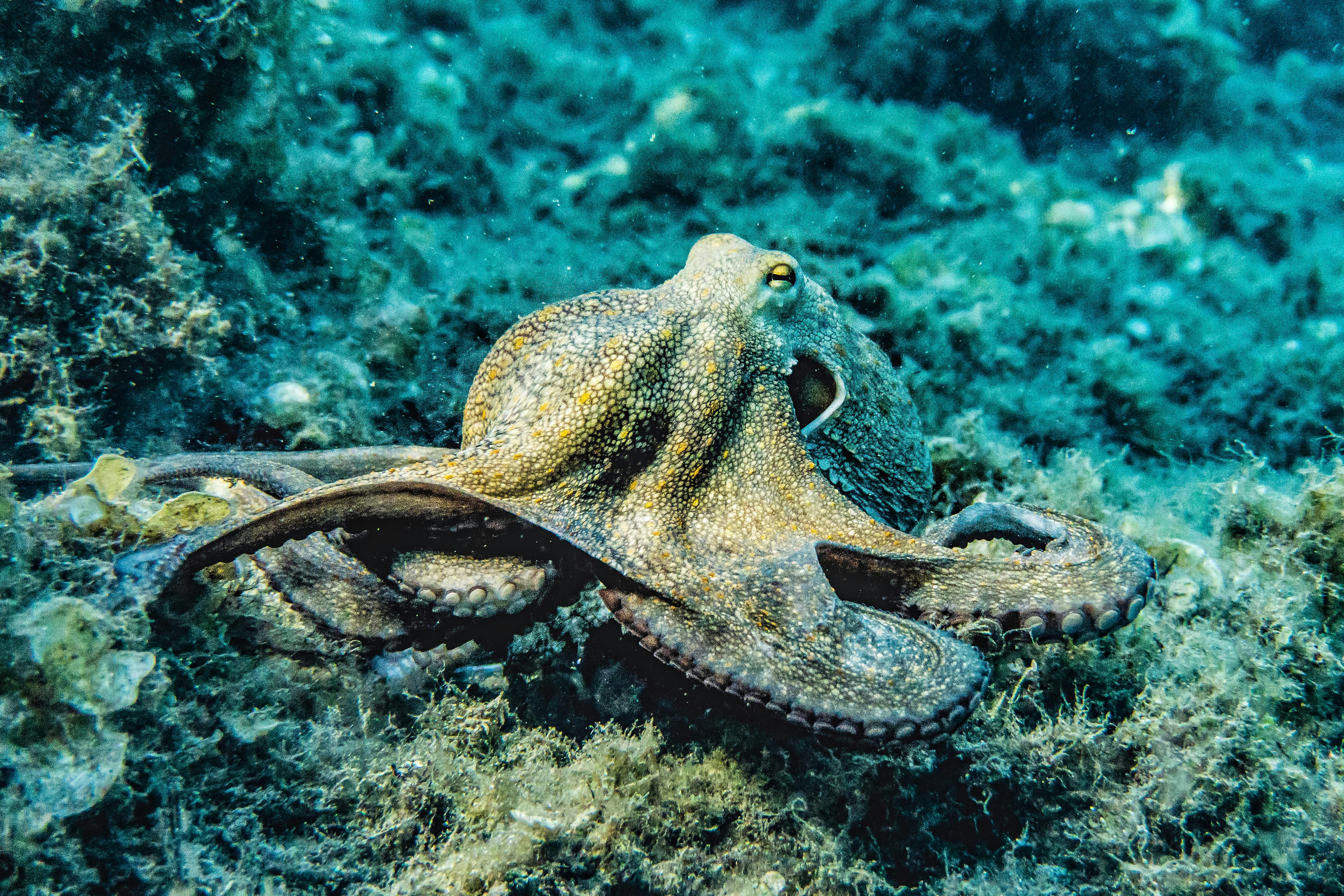Understanding the Intriguing World of Octopus Intelligence
Octopuses, renowned for their mysterious and elusive nature, are some of the most fascinating creatures in the world. Equipped with an intelligence that rivals that of many mammals, their cognitive abilities have intrigued scientists for years. This article takes a deep dive into the world of octopus intelligence, exploring their complex behaviors, cognitive abilities, and how they've adapted to their environment.

The Origins of Octopus Intelligence
Octopuses belong to the family of cephalopods, which also includes squids and cuttlefish. These marine animals, dating back over 500 million years, have evolved to become some of the most intelligent creatures in the sea. Octopuses, in particular, have demonstrated a high level of cognitive ability. Their intelligence can be traced back to the Cambrian period, a time when the sea’s biodiversity exploded, forcing octopuses to develop advanced survival mechanisms.
Unraveling Octopus Behaviour
Octopuses exhibit a range of complex behaviors that highlight their intelligence. They have been known to use tools, mimic other species, and even escape from their enclosures. They’re also capable of learning through observation, a trait seen in higher mammals. For instance, octopuses have been observed opening jars to get to food inside, a task they learned just by watching others.
Octopus Brain: A Marvel of Nature
Unlike vertebrates, octopuses have a distributed nervous system, with two-thirds of their neurons located in their eight arms. This allows each arm to function semi-independently, processing information without the need for a central brain. It’s a highly efficient system that has enabled octopuses to master their marine environment.
Recent Studies and Discoveries
Recent studies have provided even more insight into octopus intelligence. A groundbreaking study published in 2021 revealed that octopuses, like humans, may also dream. Another study found that octopuses on ecstasy, a psychoactive drug, exhibited increased social behaviors, suggesting they have a capacity for emotional depth.
The Cost and Impact of Octopus Intelligence
The intelligence of octopuses comes at a high cost. A large brain requires a significant amount of energy to function. As a result, octopuses have a relatively short lifespan, typically living for only one to two years. On the other hand, their intelligence has a profound impact on their survival and adaptation, allowing them to thrive in various oceanic conditions.
In conclusion, the world of octopus intelligence is complex, fascinating, and still largely unexplored. These intriguing marine creatures continue to baffle and amaze scientists with their cognitive abilities, complex behaviors, and unique survival mechanisms. As research continues, we can expect to learn even more about the depths of octopus intelligence.




